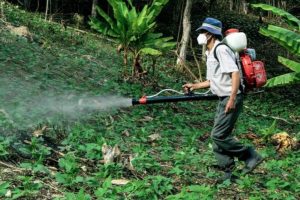Nepal’s new mountaineering regulations—banning solo expeditions on 8,000-metre peaks and introducing higher climbing royalties, including for Mount Everest—came into effect on Monday. The rules were first published in the Nepal Gazette in February as part of the Sixth Amendment to the country’s mountaineering regulations.
Under the new provision, solo climbs on all peaks above 8,000 metres are prohibited. Every two climbers are now required to be accompanied by at least one high-altitude worker or certified mountain guide, while teams climbing lower peaks must take at least one guide. This effectively ends the tradition of solo or alpine-style expeditions, regardless of a climber’s experience.
The regulations also bring a steep hike in climbing royalties. Foreign climbers attempting Everest via the south route in spring will now pay USD 15,000 each, up from the previous USD 11,000. Fees for the autumn season have risen from USD 5,500 to USD 7,500, while winter and monsoon expeditions will now cost USD 3,750, compared to the earlier USD 2,750.
Other 8,000ers have also seen fee increases. Spring royalties have been raised from USD 1,800 to USD 3,000, autumn from USD 900 to USD 1,500, and winter/monsoon from USD 450 to USD 750. For Nepali climbers, the spring fee on Everest’s standard route has doubled from NPR 75,000 to NPR 150,000.
The rules further restrict family members, guides, and base camp workers from staying at base camps unless granted special permission, limited to two days. To verify successful summits, expedition organisers must now submit original photos clearly showing climbers’ faces with mountain ranges in the background, which will be required for certification.
Additionally, wages for expedition staff have been significantly increased. Liaison officers’ daily allowance has more than tripled to NPR 1,600, while sirdars (lead Sherpas) will now earn NPR 1,500 per day. High-altitude guides’ wages have risen to NPR 1,200, and base camp workers to NPR 1,000.
To address pollution, climbers are also mandated to bring back all their waste—including human waste—using biodegradable collection bags.
Since 1953, nearly 8,900 climbers have reached Everest’s summit from the Nepal side. The new measures mark a major shift in the Himalayan nation’s mountaineering policies, balancing safety, environmental protection, and economic sustainability.





